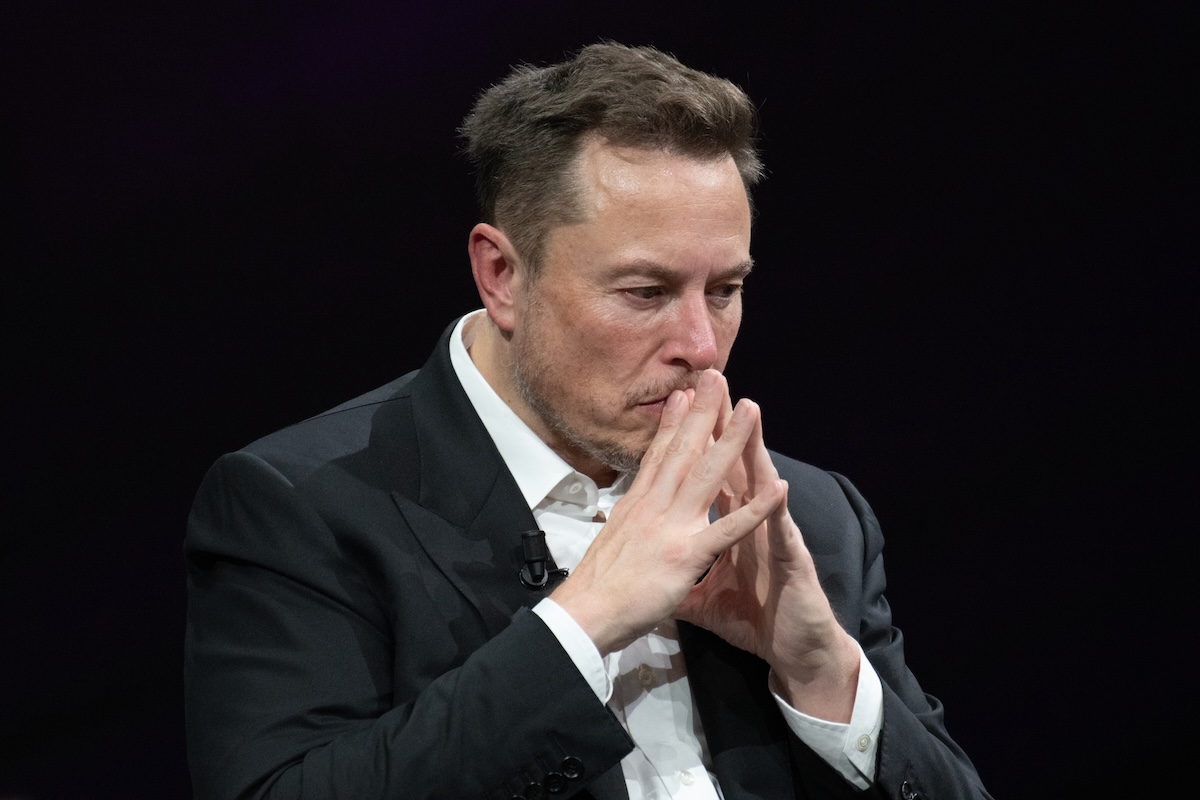
Tesla (TSLA) reported falling both revenue and earnings in the first quarter but remained in the black, thanks largely to government subsidies.
The irony is hard to miss: Musk, who still runs the self-styled Department of Government Efficiency, has made cutting subsidies like these his political mission.
Tesla’s net income plunged 71% from a year ago to $409 million, or 12 cents a share. But the company generated $595 million in government emission credits, effectively offsetting its operational shortfall.
While both top- and bottom-line figures declined compared to a year ago, Tesla’s revenue from selling regulatory credits rose by $163 million, cushioning the drop.
For years, Tesla’s dependence on emission credits was well-known and largely shrugged off. But it’s now drawing fresh scrutiny because Musk positions himself as a crusader against government excess.
DOGE claims $160 billion in savings through asset sales, contract cancellations, and renegotiations. Perhaps conveniently, however, slashing carbon credit programs — a key tool for meeting federal climate goals — is unlikely to make the list.
Doing so would threaten a major source of Tesla’s profit and invite awkward questions from shareholders who are already uneasy with Musk’s political entanglements.
Trade war, political blowback weigh on Tesla
Musk’s early support for Donald Trump’s reelection bid once looked like a strategic alignment. That relationship has since soured because Trump’s trade war increasingly threatens Tesla’s bottom line.
In its Q1 earnings report, the company warned, “Uncertainty in the automotive and energy markets continues to increase as rapidly evolving trade policy adversely impacts the global supply chain and cost structure of Tesla and our peers.”
Since the trade war began, Tesla’s stock has taken a beating. Its shares are down more than 36% year to date and 46% from their December peak, shedding nearly $600 billion in value.
Musk addressed shareholder frustration this week, pledging to dial back his involvement in DOGE and “allocate far more of my time to Tesla.”
Whether the move is a genuine shift in focus or a political course correction, most investors appear to support it. A March survey by Morgan Stanley found 85% of respondents believe Musk’s political activity has had a “negative” or “extremely negative” effect on Tesla’s business.
Your email address will not be published. Required fields are markedmarked